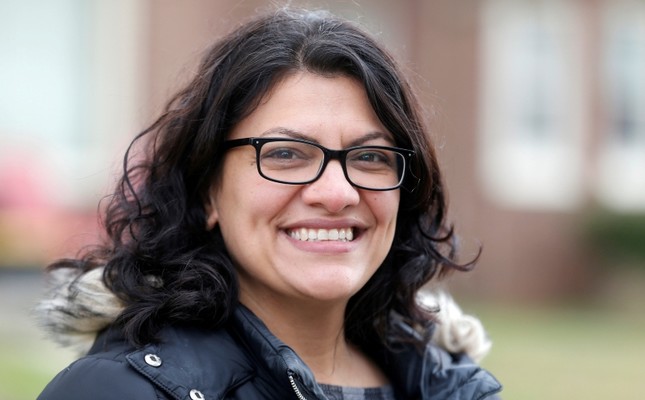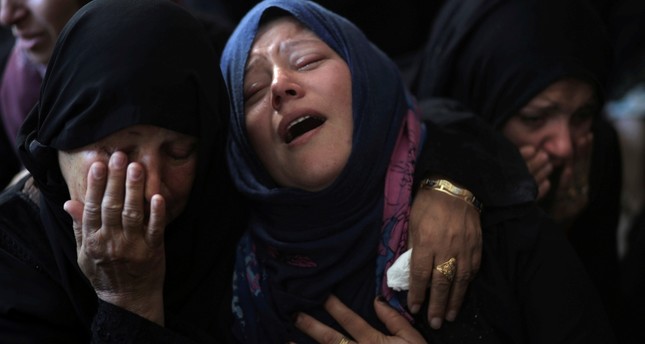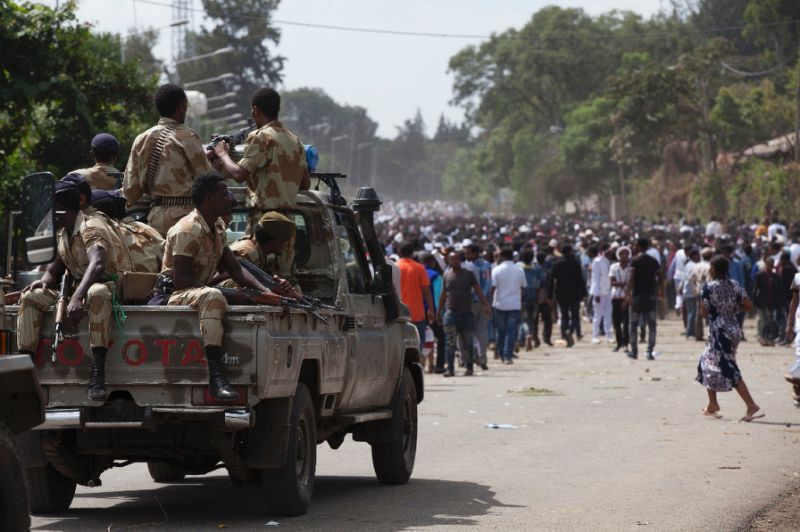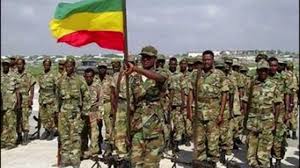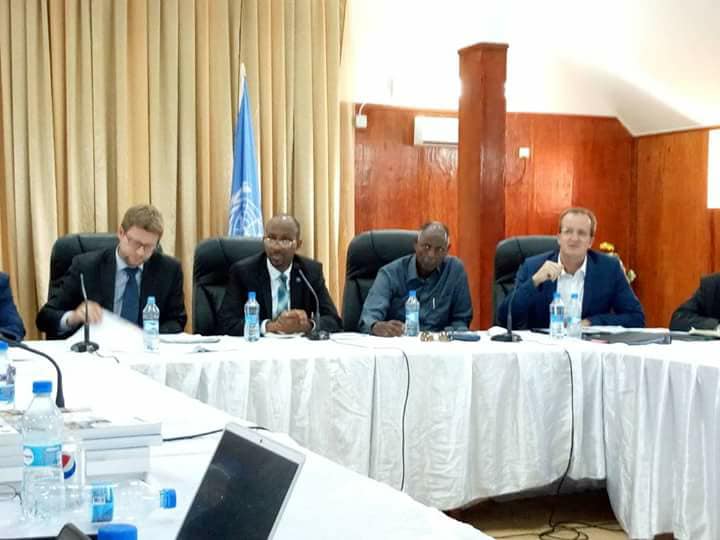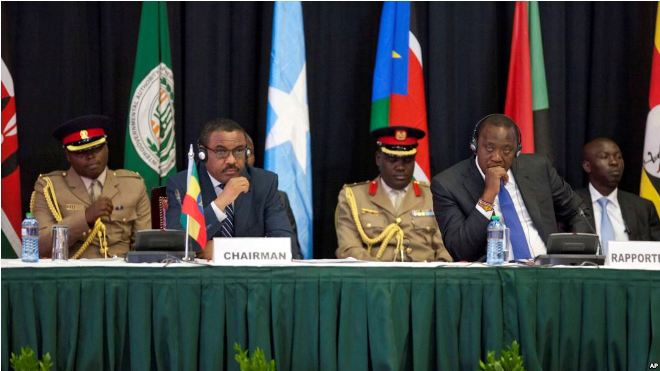
NAIROBI — East Africa was well represented during Monday’s Intergovernmental Authority on Development regional bloc summit in Addis Ababa, which Ethiopia’s prime minister, Hailemariam Desalegn, convened to discuss the deteriorating situation in South Sudan.
The leaders of Uganda, Somalia and Sudan were present, along with Kenya and Djibouti’s foreign ministers, and representatives from other regional and international bodies. South Sudan’s first vice president, Taban Deng Gai, also attended the summit.
There was, however, one noticeable absence: South Sudan’s president, Salva Kiir.
“The fact that Salva Kiir has not bothered to come and speak to his colleagues in IGAD, at a time when South Sudan is falling apart and when his inability to protect his citizens is causing a refugee crisis throughout the entire region, his failure to show up, I think speaks volumes about the source of the problems in South Sudan,” said Bronwyn Bruton, deputy director of the Africa Center at the Atlantic Council, a Washington-based research institution.
Nairobi-based political writer Barrack Muluka agrees with Bruton, noting that opposition leader Riek Machar is also often missing from such discussions.
“We are witnessing a situation where the outsiders seem to be a lot more concerned about the peace process in South Sudan than the insiders,” said Muluka. “It’s imperative that both Salva Kiir and Riek Machar must be forced to come to the discussion table and, if need be, they must do that behind the threat of very heavy sanctions against themselves as individuals and their families, as well as their very close cronies.”
In the case of IGAD summits, only heads of state are invited — or their chosen officials if they cannot attend — along with representatives of regional and international organizations, on occasion. Rebels are never included on the official guest list, so Machar would not have been invited regardless.
According to South Sudan presidential spokesperson Ateny Wek Ateny, “The president did not attend the summit because the IGAD summit has coincided with other commitments of the same equal importance. Like in any sovereign state, the president sent his first vice president, Taban Deng Gai, who had sufficiently represented the president.”
Possibility of progress?
Weber State University economics professor and African governance expert John Mukum Mbaku says Kiir’s absence does not augur well for fruitful discussions about South Sudan’s deteriorating security and humanitarian situation.
“Without Kiir at the meeting, it would be quite difficult for the summit to provide the necessary foundation for peace and security in the country,” said Mbaku.
Festus Mogae, chairperson of the Joint Monitoring and Evaluation Commission (JMEC), delivered a statement acknowledging “some commendable progress in institution building and some reforms” in South Sudan, but urged IGAD to revitalize the implementation and compliance of the peace agreement and to find practical ways to address the country’s humanitarian crisis.
Bruton, however, argues that using the 2015 peace agreement as a starting point for solving South Sudan’s current problems is ill-advised.
“Well, this is a document that’s almost two years old, and has not done a whit of good in solving the conflict and reducing the level of violence. It’s basically completely defunct, nobody has honored it, it hasn’t worked, and I think the reliance on the document instead of trying to seek new solutions is a sign of pretty ineffective thinking, frankly,” she said.
Muluka says that he believes such summits can yield results, but only if conducted properly.
“We must give credit to the summits because it was out of the summits that the Comprehensive Peace Agreement [CPA] was eventually reached; it was out of the initiative of summits that eventually the referendum did take place,” said Muluka. “But if the summits are going to play softball with these people who are basically warlords, then we are not going to get anywhere.”
IGAD called on Kiir to strictly implement his recently declared cease-fire and to take swift action against those who violate it. The regional body also urged armed opposition groups to obey the cease-fire and renounce violence.

